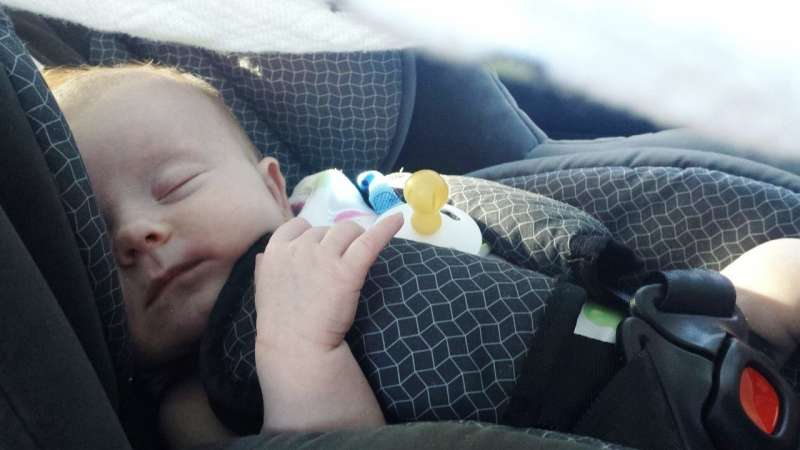Innovative Eye-Gaze Tracking Technique Revolutionizes Memory Assessment in Non-Verbal Patients

A new eye-gaze tracking method enables nonverbal assessment of memory, offering hope for improved diagnosis in silent or non-speaking patients and children.
Recent research led by neuroscientists at Tel Aviv University and the Tel Aviv Sourasky Medical Center has introduced a groundbreaking method to evaluate human memory through anticipatory gaze tracking. Traditionally, memory assessments involve verbal recall tasks, which pose significant challenges when applied to individuals with limited speech capabilities, such as young children, those with brain injuries, or patients suffering from neurodegenerative diseases like Alzheimer’s.
The study, published in Communications Psychology, reveals that by monitoring where individuals focus their gaze before an anticipated event occurs, it is possible to infer whether they remember specific moments or objects. This approach centers on the concept of anticipatory gaze—where a person’s eyes involuntarily shift to a location associated with a prior experience or expectation—and offers a nonverbal, passive indicator of memory.
In their experiments, the team showed that 145 healthy participants watched animated videos containing surprising events, such as a dolphin jumping from water. During subsequent viewings, observers' eye movements indicated they directed their gaze toward the area where the surprising event was about to happen, demonstrating that their memory of the initial event persisted. Notably, this gaze-based memory assessment correlated strongly with traditional verbal responses, but it was entirely independent of language ability.
This innovative paradigm employs simple camera technology and AI to automatically interpret eye-tracking data, making it accessible and easy to implement. Schmidig, the lead researcher, emphasized that this method could be a powerful tool for studying memory in populations that are currently difficult to assess, such as infants or individuals with speech impairments.
The implications of this research extend beyond basic science, offering new avenues for clinical evaluations and cognitive studies. Future developments could utilize this approach to better understand memory functions in early childhood and in patients with brain injuries or neurodegenerative conditions, providing a more inclusive and efficient means of assessment without the need for verbal responses.
Stay Updated with Mia's Feed
Get the latest health & wellness insights delivered straight to your inbox.
Related Articles
Study Shows Wearable Devices Vary in Accuracy for Fitness Metrics
A recent study examines the accuracy of wearable fitness devices like Apple Watch, highlighting their strengths in tracking heart rate and steps but cautioning about energy expenditure errors. Learn how these devices can support your health journey while recognizing their limitations.
New Insights into Alzheimer’s Disease: How It Disrupts Gene Regulation at the Cellular Level
New research uncovers how Alzheimer’s disease disrupts gene regulation in brain cells, leading to cellular dysfunction and cognitive decline. The study highlights the importance of epigenomic stability in maintaining brain health and offers new avenues for therapeutic development.
US Measles Outbreak Surpasses 2019 Numbers as Missouri Reports New Cases
The U.S. faces its worst measles outbreak since 1991 with over 1,288 cases reported in 2025. Key states including Texas, Missouri, and others are experiencing new transmission, emphasizing the critical need for vaccination to prevent further spread.
Effective Strategies to Reduce Pediatric Vehicular Heatstroke Risks
Recent research underscores the importance of combining multiple safety technologies and measures to effectively prevent pediatric vehicular heatstroke and protect children from this preventable danger.



